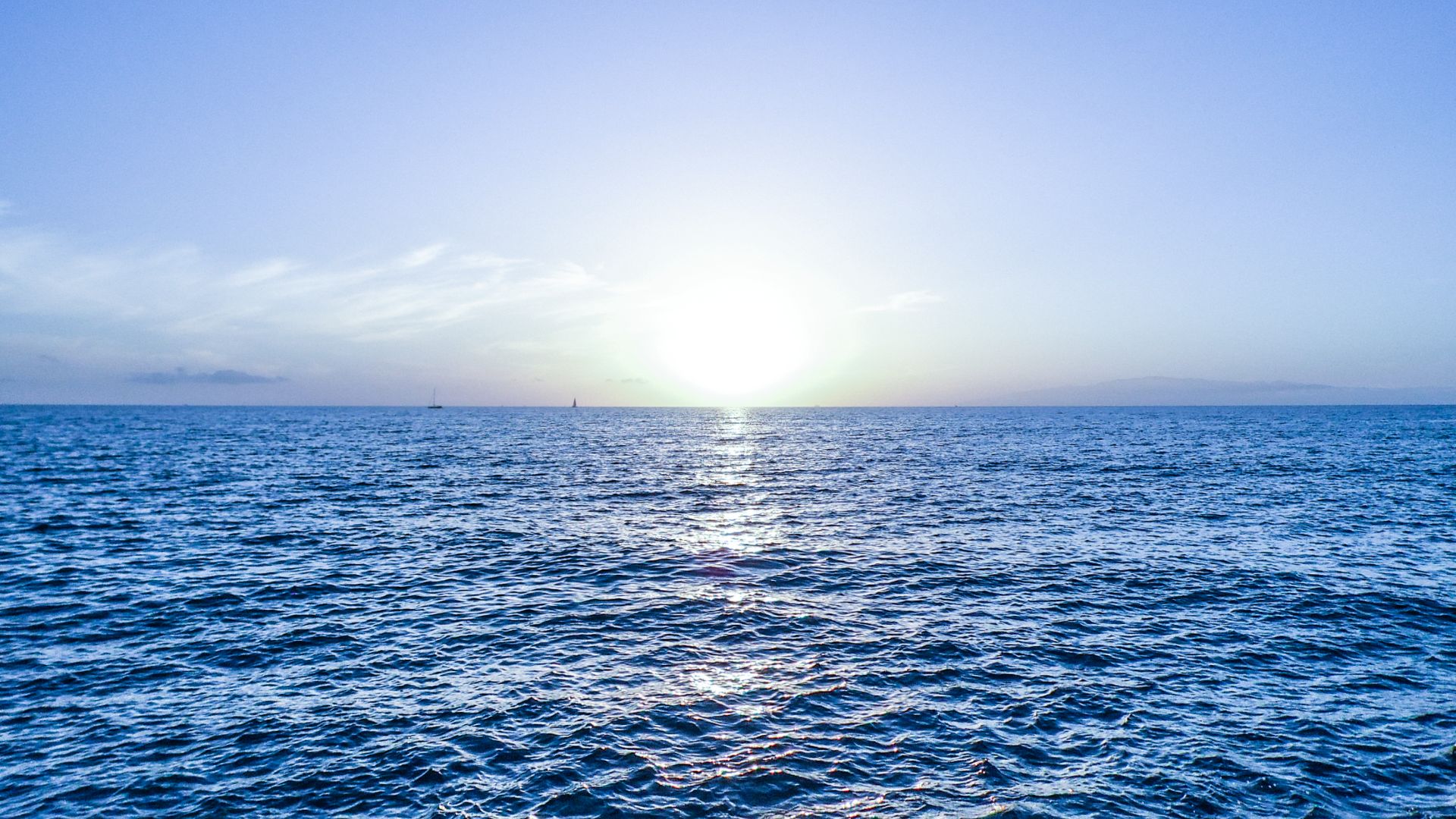There’s a lot of talk about what’s next. Like many others, I have some thoughts. Here they are.
New era (AC19) trust will be the new oil. Success and ability to restart operations will be based on your behaviour throughout pandemic, your redefined operating practices and your (genuine) concern for society and people. Economic structures and ‘success’ will look very different – by necessity. Models from the last century (and the century before) will be redundant with a need to re-focus the way society operates, a rethink of what constitutes ‘value’ and reform of political, societal, economic, environmental and technological activity.
Existing profit-driven economic models have been felled by COVID19 and, as we sink into global depression, recovery to the place often described as ‘business as usual’ is unlikely. There will not be any kind of normal for a long time – any ‘new normal’ is a decade away. There is – and will be – an unwillingness to go back to ‘how it was before’ with its inequities and imbalances.
Since March 12, I’ve been urging people to spend the time we stay at home working on shaping what’s next, collectively taking the opportunity to understand and discuss the difference between value and profit (otherwise all that clapping and ‘thank you for your service’ chanting for those who have historically been omitted from any kind of value recognition will be nothing more than empty noise). Walk at least 100 laps around your mind and raise a million ideas for improvement.
Post-pandemic: PR’s first job must be to help turn the confidence curve – as viral transmission rises, so confidence and trust fall. Our job – build confidence and trust so people feel sense of safety just being out and at work. Ultimate test of success – I trust you enough to shake your hand or share a coffee with you or sit beside you and believe that what you say about your breath is true. PR will only have this job to do if it works to its central purpose – build and sustain relationships to maintain licence to operate, and central to relationships are trust, communication, behaviour and understanding.
Expect and plan for micro-localised/nano-economies till feasibility and freedom of personal, national and international travel is ascertained. We will see large scale demise of many sectors between now and 2022 and many will go the way of the dinosaur (including PR and marketing if they don’t renew purpose).Plan for famine (see locusts swarms, supply chain breakdowns, post first-wave gate price drops, disrupted food production thanks to current droughts and altered weather patterns – e.g. Western USA megadrought in progress – all sitting neatly on top of widespread loss of income).
Probably worth planning for war too as there’s an increased likelihood autocrats will start fights over scarce supplies or imagined slights in a bid to distract their national populations from the oncoming crushing depression. On the upside, the potential is there for global and regional interdependency to emerge as countries attempt to rebalance, recover and prepare for resurgence of COVID19 or other pathogenic threat.
In October 2019 all our talk was of sustainability and environment health. Taste for profit over people has waned and formation of a new approach is now a necessity. Emmanuel Macron expressed it well during his recent FT interview when he said (and I paraphrase) ‘we are fighting a disease that suffocates us and, when we recover, people will want to breathe clean air, all the time. They will not want to suffocate and attention must turn to ways we can protect our environment, listen to the earth and avoid finding ourselves in climate catastrophe’.
Smart thinking – one would hope – should make AC19 world fair, just and sustainable but progress will be slow as those ‘with power’ will not want to relinquish it to those currently ‘without’. This year’s elections across the globe will reveal whether democracies still live or if they’ve been gerrymandered to death. All businesses and organisations – small or large – must figure out why they’re relevant, their critical relationships and their degree of trustworthiness. Millions of people have had a fast-track re-education on ‘essentials’ – be they goods, services or people. Same millions are now in a precarious economic situation so even with restoration of their former level of subsistence, there will be a drastic reduction of the constructed consumption levels stimulated from 1980 onwards.
It’s going to be very messy with awful consequences for many people for quite some time. Our job is to ease things, help navigate through the storms, help others build the relationships they need to operate, collaborate and build what’s next. Many people won’t want to change, or indeed, admit a need for change. There will be a reluctance to accept change or adapt to different models (mainly from those for whom existing models are of most benefit by way of power and wealth). There will be friction and fracas but, with some hope, some smart thinking, some kind doing, a recognition and appreciation of true value and a willingness to make life better for every member of our human family, we’ll get there.
Update: This post came together following some comments I made in an online discussion with colleagues. It took on another form a couple of days later when I developed it into an essay for Stephen Waddington’s blog which, if you’re interested, you can read here.

